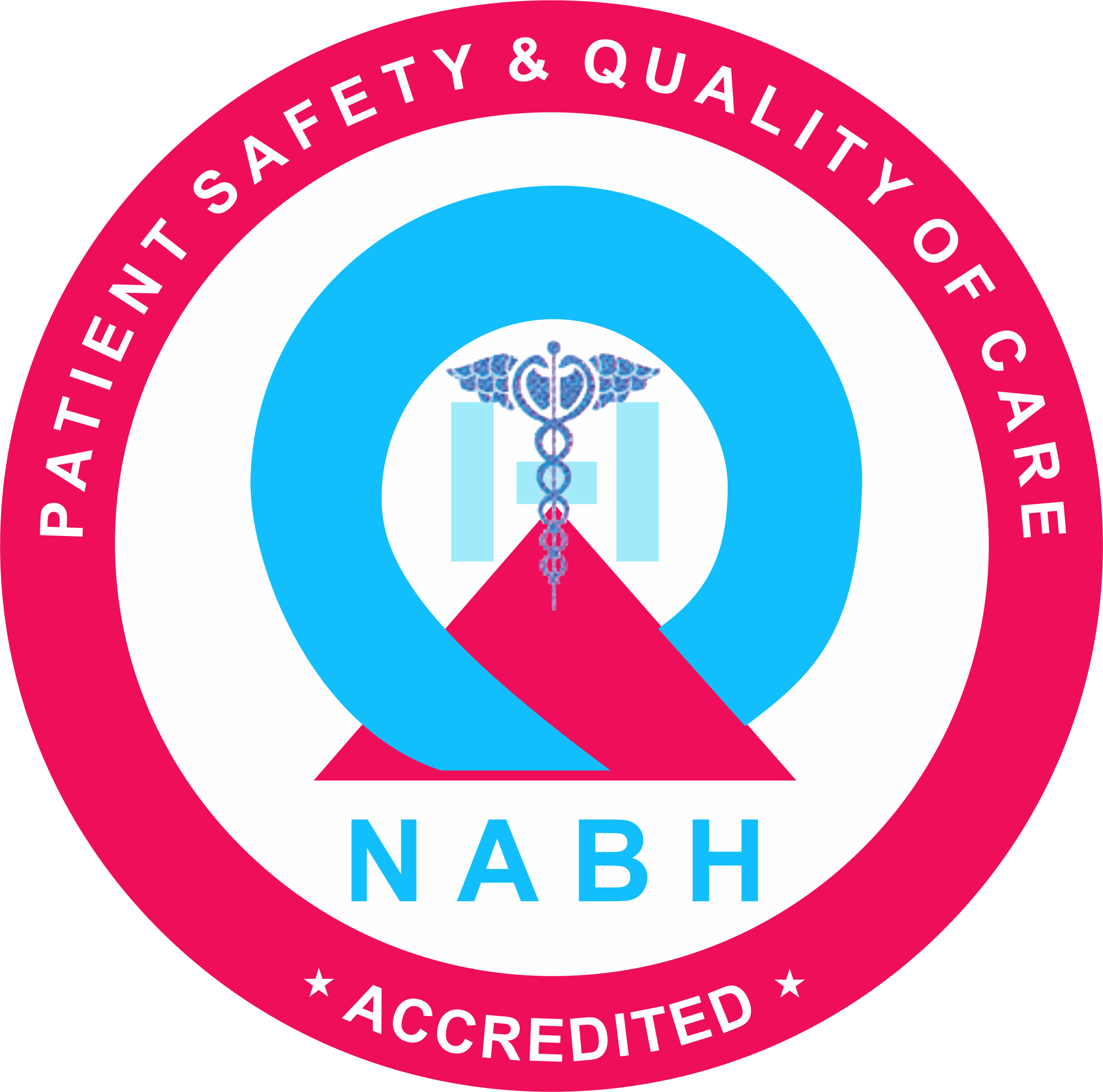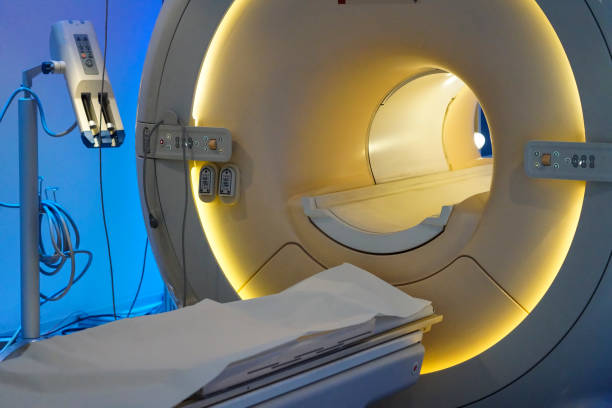


Radiation Therapy Planning: Radio-oncologists work closely with other healthcare professionals to develop individualized treatment plans based on the type, location, and stage of cancer. This involves precise mapping of the treatment area and consideration of surrounding healthy tissues.
External Beam Radiation: This common form of radiation therapy delivers focused beams of radiation from outside the body to target cancer cells. Advanced technologies, such as intensity-modulated radiation therapy (IMRT) and stereotactic radiosurgery, enable more precise targeting.
Brachytherapy: In certain cases, radio-oncologists may use brachytherapy, a technique where a radiation source is placed directly within or very close to the tumor. This allows for a higher dose of radiation to the targeted area while minimizing exposure to surrounding tissues.
Radiation Oncology Team: A multidisciplinary team, including radiation oncologists, medical physicists, dosimetrists, and radiation therapists, collaborates to ensure the accurate delivery of radiation therapy and to monitor the patient’s progress throughout treatment.
Side Effect Management: Radio-oncology services include strategies for managing and mitigating potential side effects of radiation therapy. This may involve supportive care measures and close monitoring to address any adverse reactions.
Follow-up and Surveillance: After completing radiation therapy, patients typically undergo regular follow-up appointments to monitor their progress, assess treatment effectiveness, and manage any long-term effects.
Guru Hospital excels in providing exceptional radio-oncology services by combining cutting-edge technology with a team of highly skilled and experienced specialists. With a patient-centric approach, the hospital focuses on individualized treatment plans, comprehensive care, and state-of-the-art equipment to ensure precise and effective cancer treatments. Being the best hospital in Radio oncology, Guru Hospital delivers high-quality radio-oncology services, fostering positive outcomes and patient satisfaction.

4 /120-F, PandikovilRing Road,
Airport – Mattuthavani Ring Rd,
Madurai
Tamilnadu – 625107.